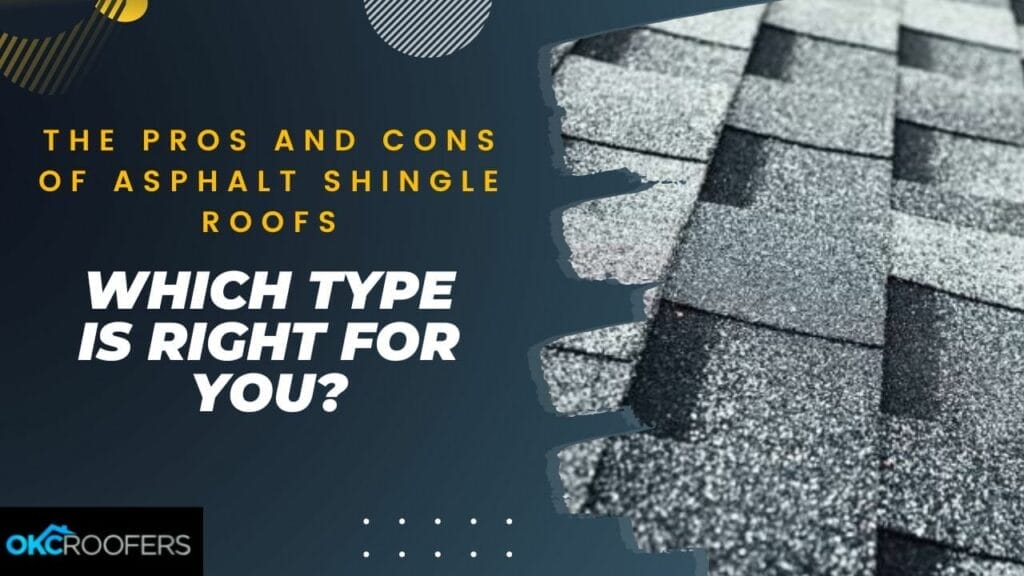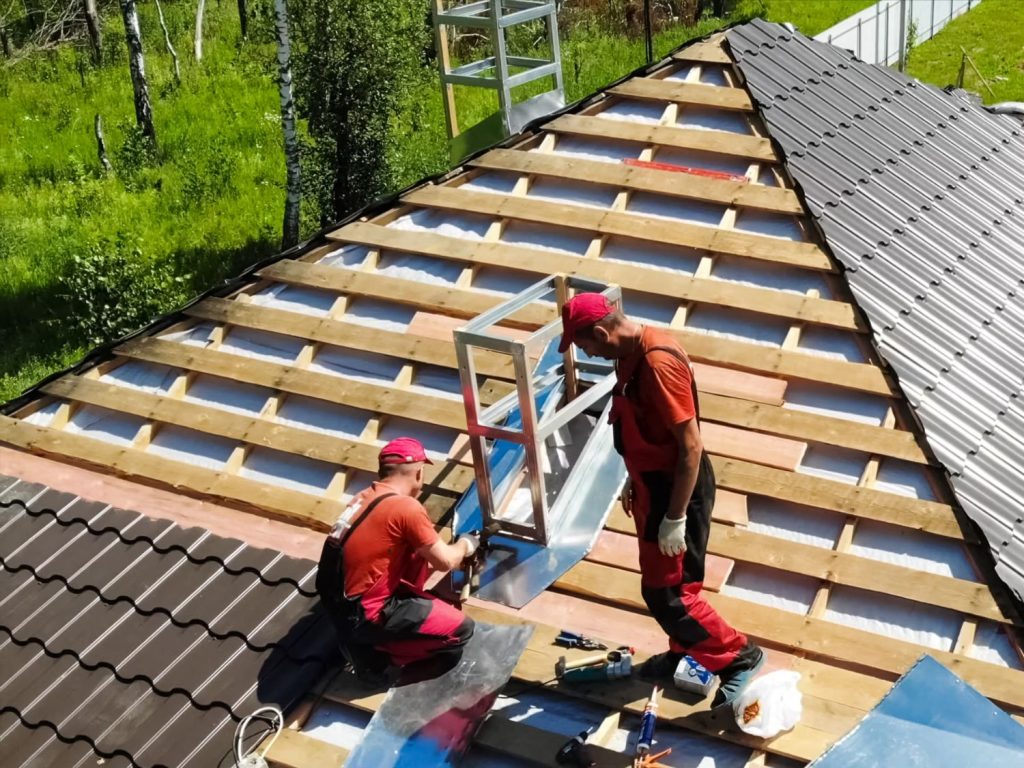Roofs play a pivotal role in the structural integrity and aesthetics of homes. Among the various roofing options available, asphalt shingle roofs are famous for their affordability, versatility, and ease of installation. This article will delve into the pros and cons of asphalt shingle roofs, examining their benefits and limitations and providing homeowners with a comprehensive understanding of this roofing option to make an informed decision.
Pros of Asphalt Shingle Roofs
Affordability and Cost-Effectiveness
Asphalt shingle roofs offer a cost-effective roofing solution, making them an attractive choice for budget-conscious homeowners. Asphalt shingles have lower upfront costs than premium materials like metal or slate, allowing for more manageable initial expenses. Additionally, the market offers a range of price points and styles, enabling homeowners to find the perfect fit for their financial situation and design preferences.
Easy Installation and Maintenance
The installation process for asphalt shingle roofs is relatively quick and straightforward, minimizing disruptions to the homeowner’s daily life. Furthermore, these roofs demand minimal maintenance over their lifespan, saving homeowners time and effort. Routine inspections and minor repairs, such as replacing damaged shingles, are typically sufficient to keep the roof in good condition.
Versatility in Design and Appearance
Homeowners are presented with many design options when choosing asphalt shingle roofs. These roofing materials come in various colors, textures, and styles, allowing them to complement diverse architectural preferences. Whether you have a traditional or modern home, asphalt shingles can be tailored to suit your aesthetic vision.
Decent Durability and Longevity
While asphalt shingle roofs may not match the longevity of premium materials, they offer a moderate lifespan that can span several decades with proper maintenance. Regular inspections and timely repairs can extend the roof’s durability, ensuring it remains a reliable home protector.
Adequate Weather Resistance
Asphalt shingle roofs exhibit commendable weather resistance and can withstand common weather conditions such as rain, snow, and sun exposure. Higher-end asphalt shingle options provide enhanced wind and impact resistance, making them suitable for regions prone to severe weather events.
Cons of Asphalt Shingle Roofs
Limited Lifespan
One drawback of asphalt shingle roofs is their shorter lifespan than premium roofing materials like metal or slate. While they can provide lasting protection, homeowners should be prepared for eventual replacement, especially in regions with extreme weather fluctuations.
Susceptibility to Weather Damage
Despite their weather resistance, asphalt shingle roofs can be vulnerable to extreme weather conditions such as hail and heavy rainfall. While they offer protection, homeowners may need to address weather-related damage promptly to prevent leaks and further deterioration.
Environmental Impact
From an environmental perspective, asphalt shingle roofs pose some challenges. They are non-biodegradable, contributing to landfill waste once they end their lifespan. Additionally, asphalt shingles are less energy-efficient than reflective roofing materials, potentially impacting the home’s energy consumption.
Maintenance Challenges over Time
Over time, asphalt shingle roofs may experience gradual deterioration, leading to potential maintenance and repair requirements. Issues such as moss and algae growth can also arise, necessitating regular upkeep to ensure the roof’s longevity and performance.
Reduced Resale Value
In high-end real estate markets, there can be a perception that asphalt shingle roofs are less prestigious compared to premium roofing materials. While this perception may impact the resale value of a home, it’s important to note that the overall condition of the roof and the quality of installation play a significant role in potential buyers’ considerations.
Factors to Consider When Choosing a Roofing Material
When deciding on a roofing material, homeowners should take several factors into account:
Climate and Weather Conditions: Consider the local climate and weather patterns to choose a roofing material that offers optimal protection against prevailing conditions.
Budget and Financial Considerations: Evaluate your budget and weigh the upfront costs against long-term benefits to determine the most cost-effective option.
Aesthetic Preferences and Architectural Style: Select a roofing material that complements your home’s architectural style and aligns with your aesthetic preferences.
Long-Term Maintenance Commitment: Assess your willingness and capacity to commit to regular maintenance and repairs to extend the lifespan of the chosen roofing material.
Environmental Concerns and Sustainability: Factor in the environmental impact of the roofing material, including its recyclability and energy efficiency, to make an environmentally conscious choice.
Alternative Roofing Options
While asphalt shingle roofs offer a range of benefits, there are alternative roofing options to consider:
Metal Roofing: Metal roofs are renowned for their durability, longevity, and energy efficiency. They resist weather extremes and can be an excellent investment for long-term protection.
Slate Roofing: Slate roofs exude elegance and have a long lifespan. They are highly fire-resistant and preferred for historic or high-end homes.
Wood Shingle Roofing: Wood shingles offer natural beauty and charm, providing good insulation properties. However, they may require more maintenance to prevent rot and pests.
Tile Roofing: Tile roofs showcase a unique appearance and are often chosen for Mediterranean or Spanish-style homes. They have excellent durability and can withstand harsh climates.
Conclusion
In conclusion, asphalt shingle roofs present a range of benefits and considerations for homeowners. While they offer affordability, ease of installation, and versatile design options, they come with limitations, such as a limited lifespan and potential weather vulnerability. Homeowners must make informed decisions considering climate, budget, aesthetics, maintenance commitment, and environmental impact. Consulting with roofing professionals can provide invaluable insights and guidance in selecting the roofing material that best aligns with their needs and preferences. By weighing the pros and cons, homeowners can ensure their roofing investment’s longevity, functionality, and aesthetics.





